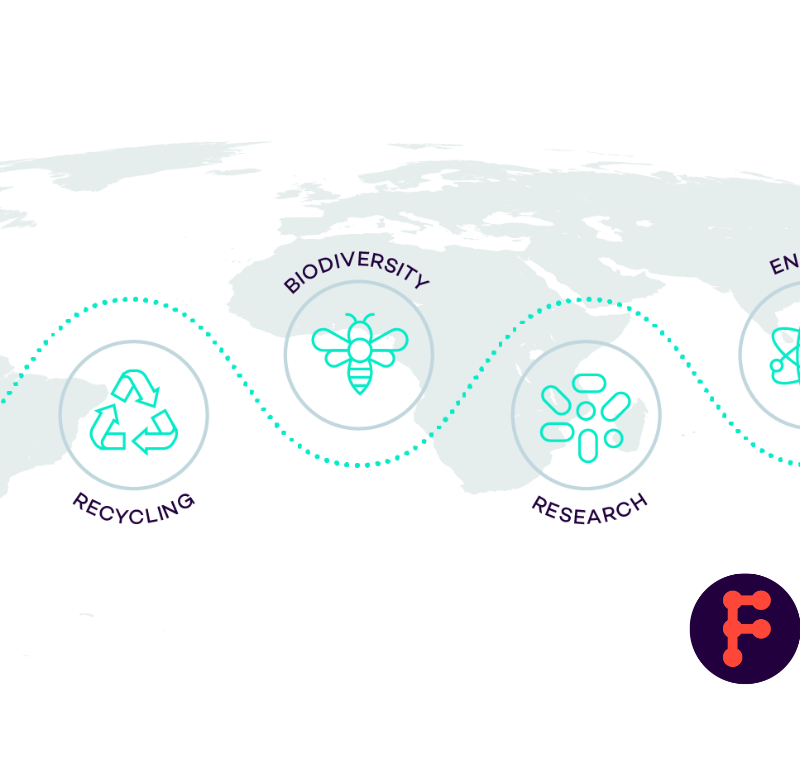Chart of the week: Where do people learn about their smart speakers?
The best way of optimising for voice is to ensure webpages have speakable schema properties in their structured data. Speakable schema singles out pieces of information that would work best for audio. Webpages with these properties are easier to distribute on voice-enabled platforms. Optimising for voice in this way benefits organisations that already have skills on smart speakers and those that do not.
Additionally, creating specific content is essential for generating interest and engagement. Many publishers have started working towards this end. As of last week, The Atlantic became the most recent publisher to distribute content specifically for smart speakers, providing listeners access to the publication’s segment “The Daily Idea.” NPR created a shorter, smart speaker friendly version of its popular Planet Money podcast, called “The Indicator.”
The goal of smart speaker’s? Make relevant, content that is smart-speaker centred, easy to use and becomes habitual for listeners. Taking those steps will generate one of the tried and true ways of learning about something new: word of mouth. Despite the ever-changing technology, 45 per cent of smart speaker owners reported learning about new skills on their smart speakers this way.

Download the chart here.
Chart by Statista
More like this
Chart of the week: What marketers are loosing sleep over
Chart of the week: News podcasts pull to the top of ad revenue in 2018
Chart of the week: Where do people find news on their smartphones?
Chart of the week: Top 10 US magazines championing mobile
Chart of the week: Where people are sceptical of online news







